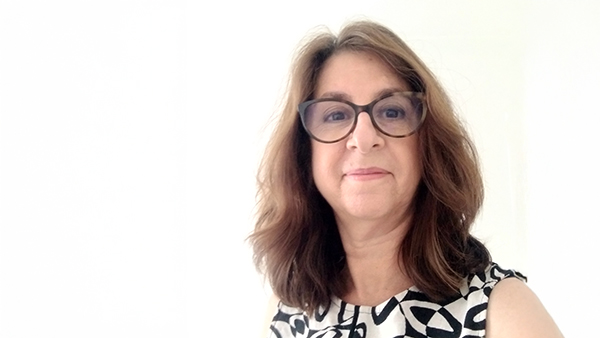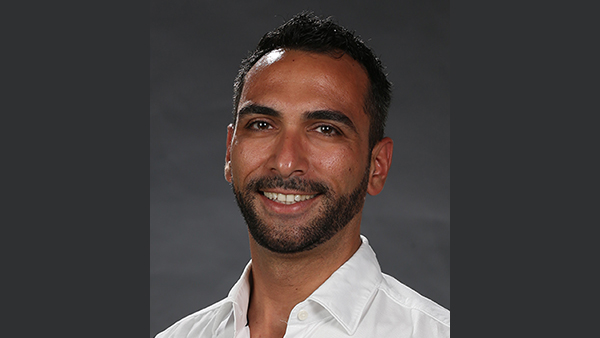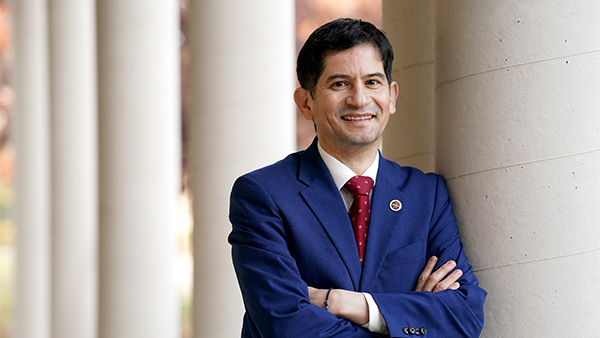|
Dr. Maria-Aparecida Lopes, professor, History Department, co-authored a book, "Foodways in the Twentieth-Century City," which was published by Cambridge University Press. It is free to download as a PDF until Feb. 10.
Dr. Luca Brillante, associate professor, Viticulture and Enology Department, published a research article in the Remote Sensing Journal entitled, "Temporal Vine Water Status Modeling Through Machine Learning Ensemble Technique and Sentinel-2 Multispectral Images Under Semi-Arid Conditions."
Brillante and a research team from Italy integrated satellite remote sensing technology, multispectral imagery and machine learning applications to create a model to predict water status and potential needs in vines.
Grape growers around the world are facing new challenges in rising temperatures that may result in increased evapotranspiration demands and cause irrigation challenges. Gathering this data using traditional methods would require a large amount of time-consuming fieldwork.
Data in this project was acquired in a Montepulciano vineyard in the south of Italy (Puglia region) under semi-arid conditions over two years during the irrigation seasons.
Results showed that the machine learning techniques and satellite remote sensing could help farmers and technicians manage and plan irrigation, and avoid or reduce fieldwork.
This article appeared in a special issue entitled, "Advanced Pattern Recognition and Image Processing Technology for Agricultural Engineering."
Dr. Saúl Jiménez-Sandoval serves on a newly established Board for International Food and Agricultural Development subcommittee focused on Minority-Serving Institution engagement in global food security and agricultural development.
|




